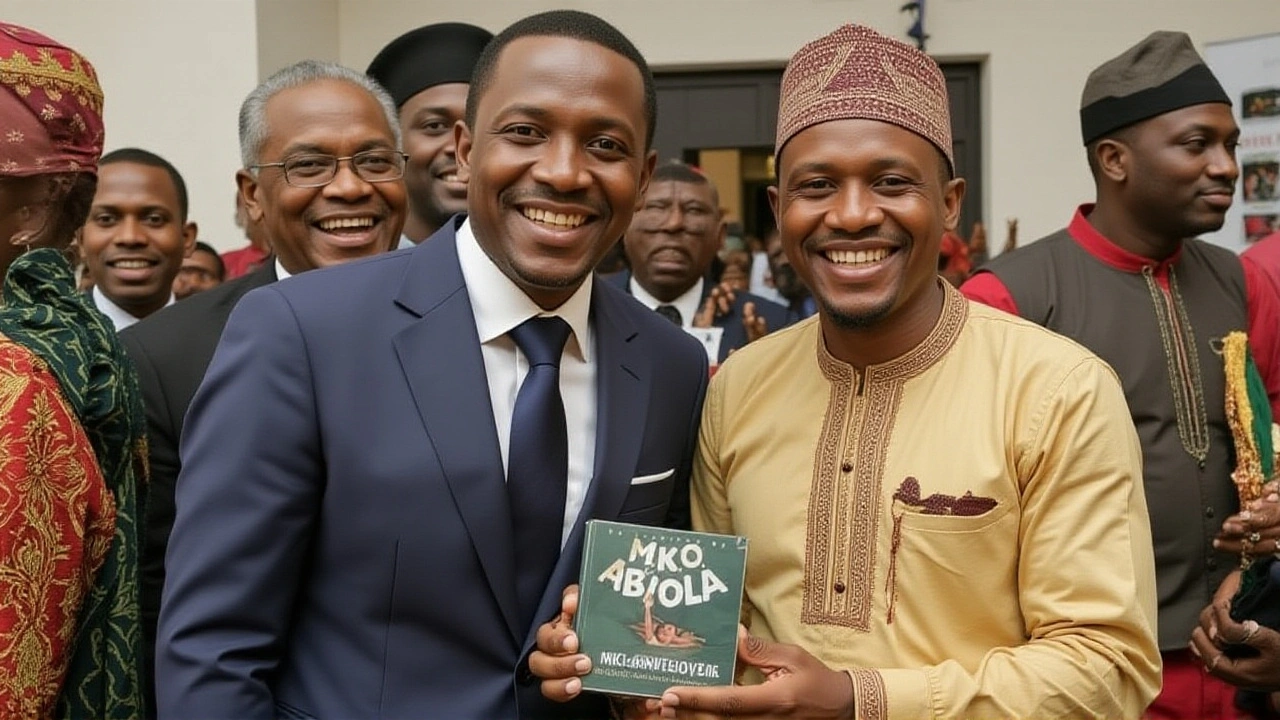African Children's Literature
When talking about African children's literature, the body of books, picture stories, and oral tales created for young readers across Africa. Also known as African kids' books, it blends vivid illustration with cultural wisdom, offering kids a mirror of their own lives and a window onto the continent’s diversity.
One key piece of this puzzle is oral tradition, the centuries‑old practice of passing stories from mouth to ear before they were ever printed. Oral tradition influences modern picture books, shaping narratives that celebrate community values. Another pillar is the picture book, short, illustrated works that pair simple text with bold images to teach language and morals. Finally, we can’t ignore the role of folktale, a genre of story that uses animals, heroes, and tricksters to explain natural phenomena and social rules. These entities interlock: oral tradition feeds folktales, which authors adapt into picture books, enriching African children's literature.
Why African Children's Literature Matters
It connects kids to their heritage while teaching universal lessons like kindness and bravery. The genre requires writers who understand local dialects, artists who capture regional scenery, and educators who integrate books into curricula. For example, a South African author may weave isiXhosa proverbs into a story about friendship, while a Ghanaian illustrator adds vibrant kente patterns to each page. This synergy creates content that is both entertaining and educational.
Publishers see a growing market: sales of African picture books have risen 30% in the last five years, and digital platforms now host thousands of audio‑recorded folktales. Schools that incorporate these stories report higher reading engagement and stronger cultural pride among students. Governments, NGOs, and literary festivals all promote the genre, recognizing its power to boost literacy rates and preserve intangible heritage.
Below, you’ll find a hand‑picked collection of news articles, features, and analyses that touch on business, policy, and cultural trends shaping African children’s literature. From funding drives that help authors secure publishing deals to events that celebrate storytelling, the posts give you a real‑world feel for the ecosystem. Dive in to see how writers, illustrators, and readers are shaping the future of African kids’ books.
- October 1, 2025
- Comments 14
- Culture

